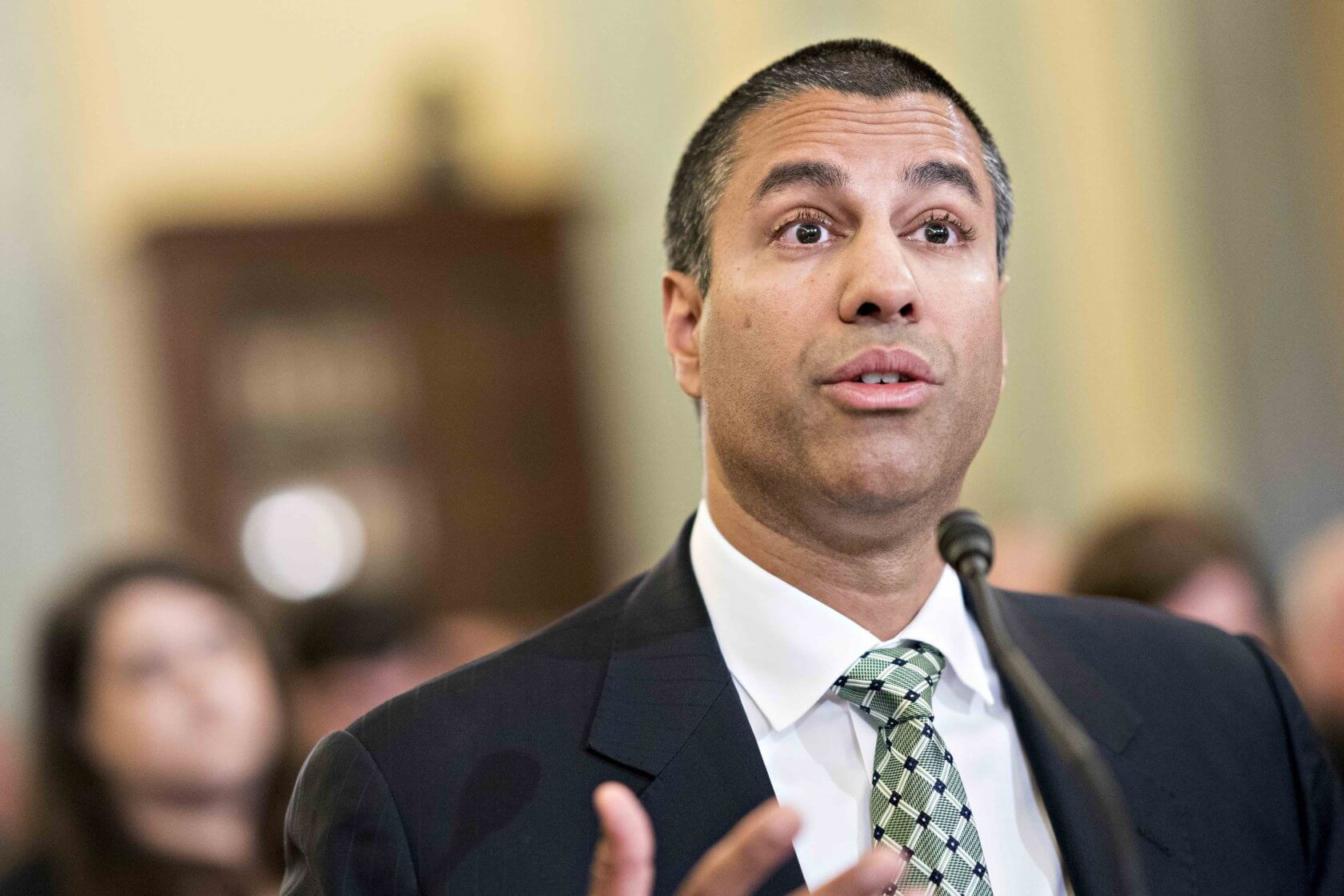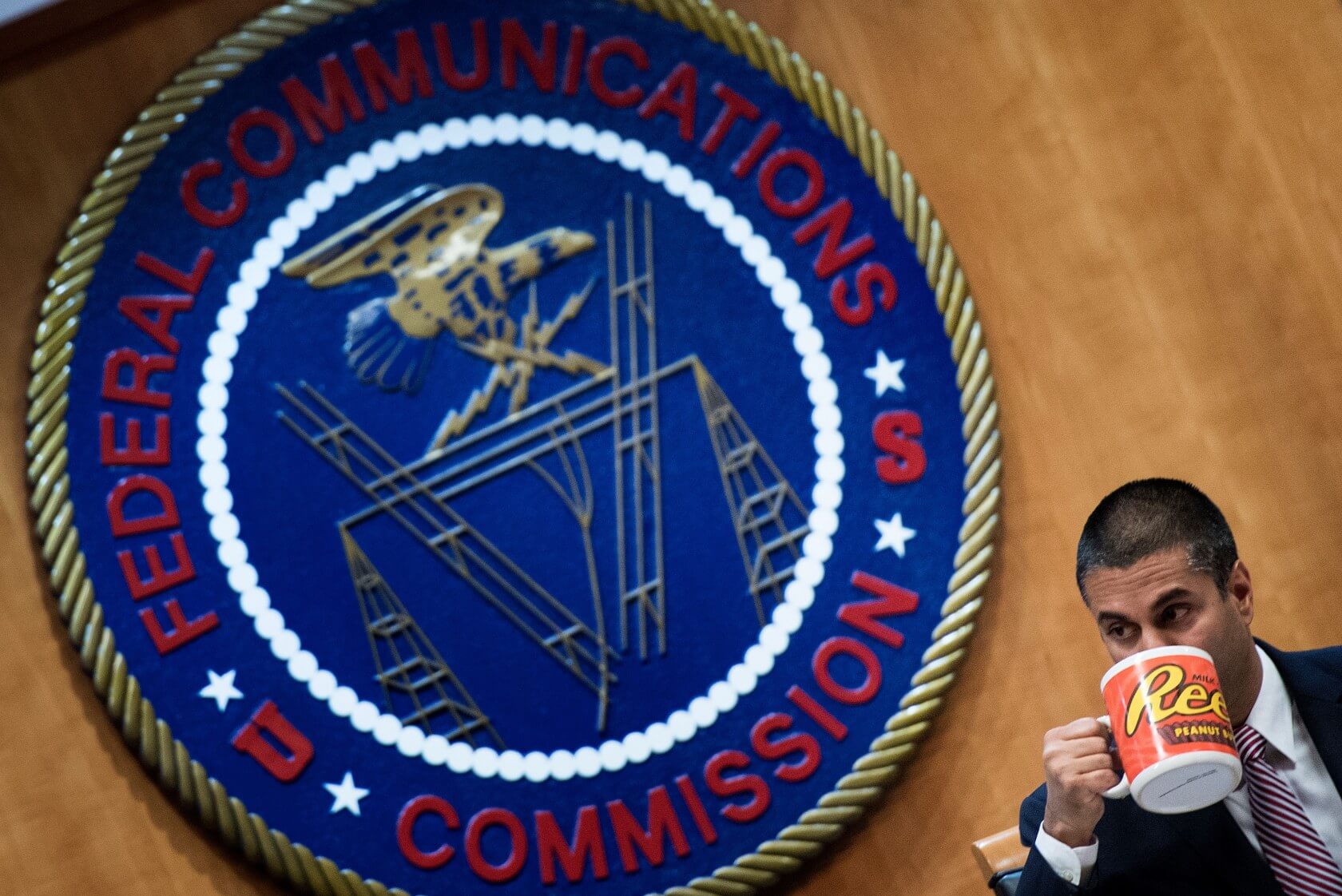
Back in January of 2018, FCC Chairman Ajit Pai announced a proposal that could have allocated over $500 million toward the development of rural broadband internet lines. At the time, Pai said that closing the "digital divide" between rural and urban broadband was the FCC's "top priority."
Though not strictly related to that proposal, the FCC will be putting its money where its mouth is on some level soon. Today, the organization released an announcement claiming that "over 106,000" rural homes and small business across a whopping 43 states are set to get "improved broadband" service.
40 percent of those locations will receive this improved broadband by 2022, and the deployment will escalate 10 percent every year until the rollout is finished in 2028.
The FCC defines improved broadband as 25Mbps upload, and 3Mbps download speeds. Those numbers are a far cry from the Gigabit speeds companies like AT&T, Google, and Verizon are starting to provide but they're significantly better than what many rural areas have access to right now.

Indeed, the FCC says many of the homes and businesses set to receive these internet speed improvements are currently making do with around 10 Mbps download and 1Mbps upload speeds.
The FCC says this new broadband rollout is only possible due to recent reforms to the Universal Service Fund. The organization has also brokered agreements with 186 network providers that have chosen to take part in the "Alternative Connect America Cost Model Program" - the program is giving those companies a total of $65.7 million annually over the next decade, provided they follow through on their new broadband expansion obligations.
Time will tell whether or not the FCC and its business partners can accomplish their goals.
https://www.techspot.com/news/79863-fcc-promises-roll-out-improved-broadband-over-106000.html